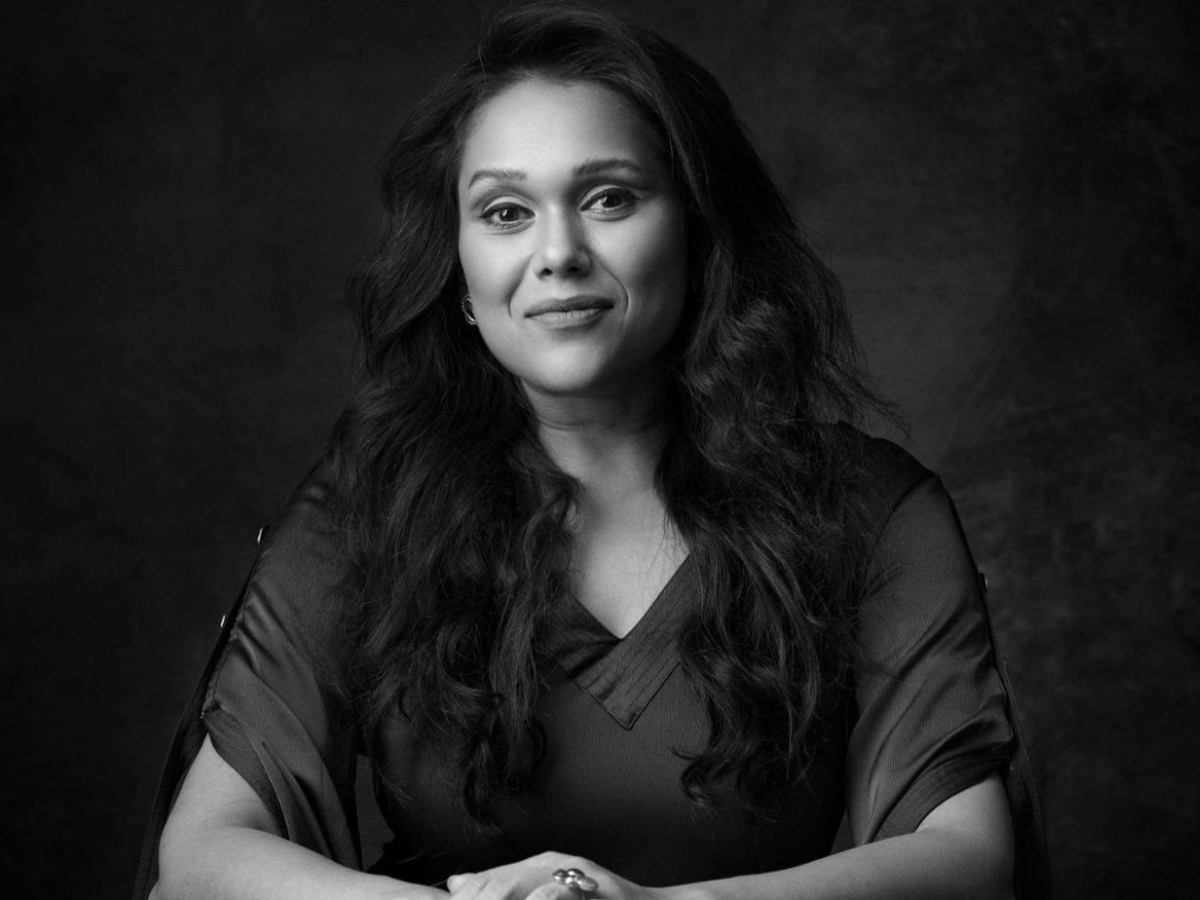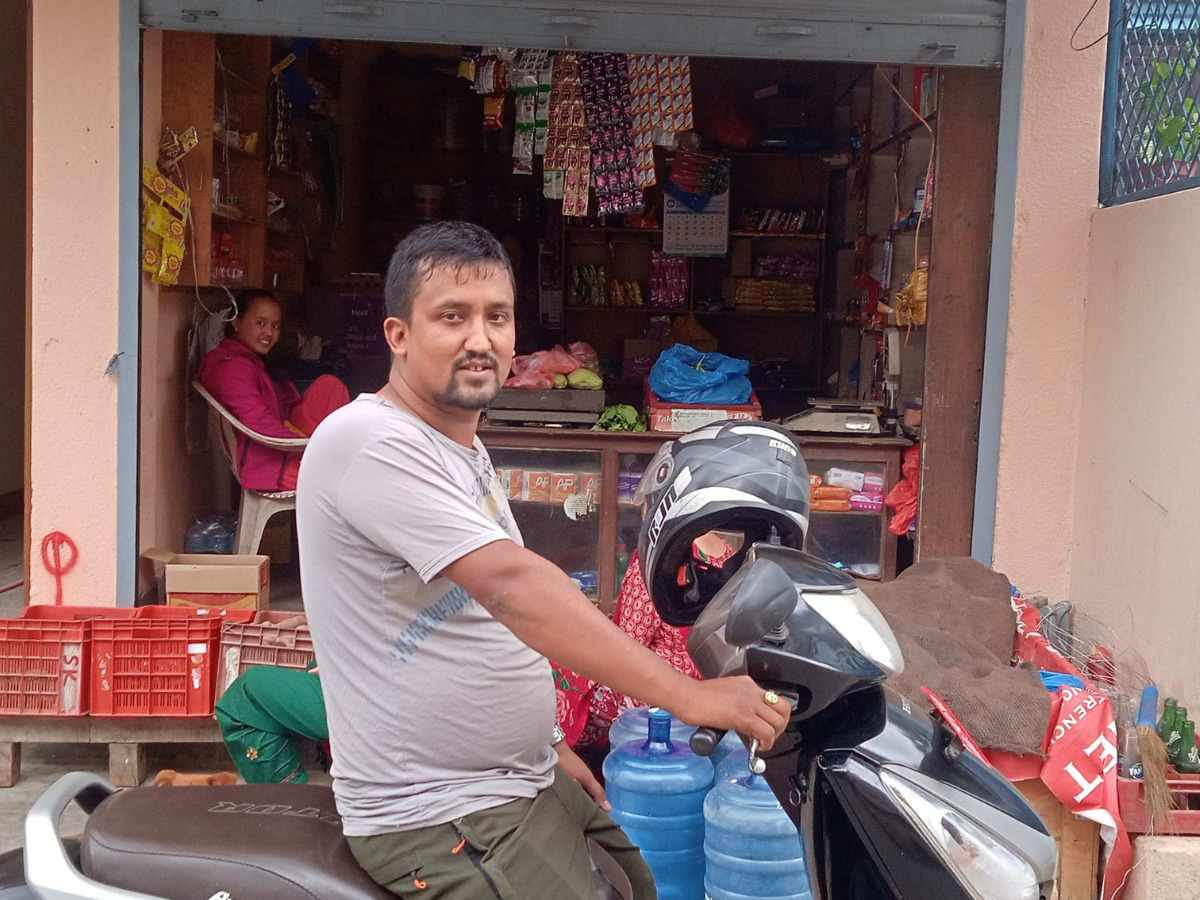Industry

There was a time when work meant sitting in the office from 9 am to 5 pm - and six days a week. But globalisation and technological advancements bought the world under one sky, giving people an opportunity to ditch the traditional working culture and explore newer avenues.
Gig economy, a system allowing short periods of work as opposed to a permanent job, is one of those areas. And Nepalis haven't shied away from adopting it.
According to Ashutosh Dixit, an economist, the advantage of the gig economy in Nepal is that it created a horizontal industrial revolution.
“It means even with a mobile phone worth Rs. 50,000, you can create content and upload it on a social media platform and earn a good amount of money, which was not possible in a vertical revolution earlier,” Dixit told NepalMinute. Vertical revolution means this: the more capital injected into a business, the greater profit earned.
It is a promising picture for Nepal, he added. “The consumers in the previous industrial revolution are becoming the producers in this gig economy who are creating their product or service for each other.”
The gig economy in Nepal is broadly divided into online freelance work and physical freelance work.
The online work delivers service digitally without a restriction of geography. Therefore, a freelance writer sitting in Nepal can work for a client in the United States. Forty three percent of Nepal’s freelance online work is dominated by software and technology development, according to Online Labour Index, an economic indicator providing statistics on the online gig economy.
The physical gig economy in Nepal consists of work being delivered physically but the workers are not full-time employed by the company. Some examples in Nepal are Pathao and Tootle. These ride-sharing apps allow bike owners to offer rides on the back seat of their vehicle to customers and get paid for them.
NepalMinute caught up with a few freelancers in Nepal to understand their journey in the gig economy.
Mannsi Agrawal, freelance corporate trainer

I was working as a Brand Manager in 2010 when I realised that my real joy was training. I left my job and forayed into this field.
Initially, it was a very difficult time for me to share my skills with people and get the kind of clients I enjoyed working with. I was also unsure of the path I wanted to pursue, but, as I introspect, things fell into place in the most perfect way, and I am grateful.
As I have always cherished flexibility and freedom, freelancing allowed me to work in meaningful ways, without compromising my values. Also, it gave me ample time to focus on my family and social life while I continued to pursue a career I loved.
In Nepal, the gig economy is still relatively young but is growing rapidly. However, this is a definite eventuality and will happen. For me, this has been a defining point in my career, since it allowed me to try and test new things and create a path for myself.
Sewa Bhattrai, freelance journalist

I quit my job as a reporter at Nepali Times in Jan 2020 for personal reasons: my mom was ill and I wanted to take care of her. So, I have been exclusively freelancing since then.
I took up a freelance journalism post where I contributed two reports a week, and I could do those at home. That was much more convenient for me. Later, I decided to get married, and have a baby, and again, freelancing suits this situation of mine more than a full-time job. Today I can spend as much time as I want with my baby, and freelancing makes that possible.
My entire freelancing journey has been quite good. Initially, I applied to a couple of writing, editing and translating jobs, and got a few assignments. After that, I got work through word of mouth. So, I have been more or less occupied. At one point in 2022, I was so overwhelmed with tight deadlines that I asked someone to help me with it, which led me to start a freelancing company.
One of the positives is that the pay for short-term gigs is usually more than for regular employment. Another positive is working on your own time. I only accept assignments when I have time to do them, and if I don't have time, I don't take up an assignment. With a small baby, it's already hard to schedule things but working as a freelancer helps manage them.
Ramesh Karki, Pathao rider

I already own a small shop in Koteshwor but I also started working as a Pathao rider two years ago. I work at the shop in the morning and evening, whereas in the afternoon, I am a Pathao rider.
As long as I follow the traffic rules and have a valid license, I can earn Rs 1500-Rs 3000 in a day. That makes a good income by the end of the month.
It has been a wonderful journey with Pathao so far. This is like having a “small business” of my own plus providing service to society. We can use our skills – like driving skills in my case – to earn money. Also, it is not like a 9-to-5 job where I will have to worry about the work, my boss, and even taking leaves during some urgent situations. I do not need to worry about the “leave without pay” kind of thing.
Many youths have migrated abroad seeking employment because they have to earn a living for their family. But, as far as I have seen, nobody goes abroad to become rich and earn millions of dollars. The main aim is to earn a living for their family and provide good education to their children. Those going abroad actually have no other choice. In such a scenario, Patho has given me and many other people an opportunity to earn in our own country.
Santosh Raut Kshetri, Freelance web developer

I started my career freelancing in 2012. The reason I made the switch was that my pay scale was low in the previous full-time job but the workload was huge. But in freelancing, I have a global reach. I don’t need to work within the bounds of the country. I can work for international clients. But in less time and less pressure, I can make the same amount of money.
Using job posting on LinkedIn, queries on job sites, and freelancing-specific websites like Freelancer, Upwork and more, I find clients. We approach them through these mediums and present our portfolio.
Freelancing has been an enjoyable journey. I can work flexible whilst making enough money, as compared to working a full-time job in a Nepali company. I can work and sleep anytime. I go on vacations according to my convenience. I have also started enjoying my hobbies during the week, as opposed to at weekends.
And even though there is always competition, challenges and pressure of finding new clients, I am still enjoying my freelancing journey.






